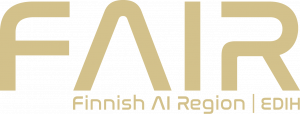
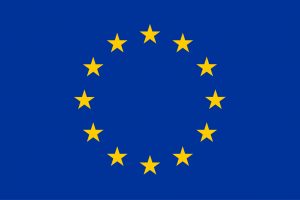
AI Detects Cancer and Strokes Before Doctors – Finland Among the Pioneers of Future Health Technology
Artificial intelligence is no longer a distant promise of the future but a concrete tool that is transforming healthcare from patient encounters to diagnoses. Finnish companies and researchers are at the forefront of developments where algorithms don’t just support doctors – they complement them. Instead of this news article, you can read our publication aimed at specialists by clicking here.
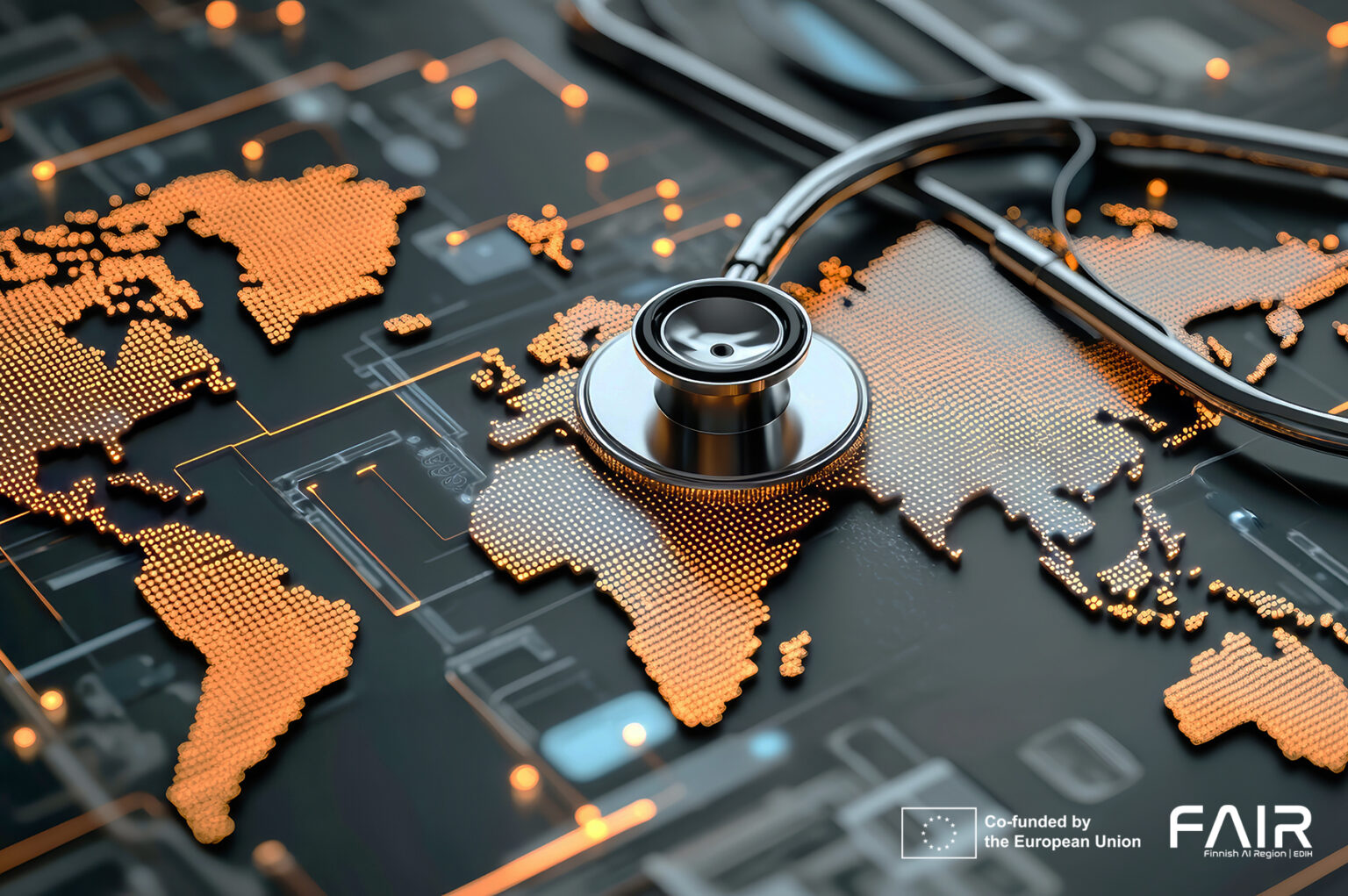
Martti Asikainen, 3.6.2025

AI integration into health technology is advancing rapidly and fundamentally changing both medicine and healthcare. Whilst ethical consideration and ensuring reliability remain central challenges, practical applications demonstrate the technology’s enormous potential.
Studies show that AI can identify traces of stroke twice as accurately as experienced doctors. At the same time, it detects bone fractures that might otherwise go unnoticed. AI is no longer just a technological aid, but could be the backbone of future healthcare.
Perhaps the most surprising finding comes from a cross-disciplinary American study in which an AI chatbot’s responses to patients’ questions were rated as far more empathetic than those of remote doctors. As many as 45% of AI responses were classified as empathetic, whilst for remote doctors the corresponding figure was only about 4.6%.
“Recent studies suggest that AI can be even more empathetic than human doctors in individual tasks,” write Finnish AI Region’s (FAIR) specialists Martti Asikainen and Elisa Laatikainen in their recent publication.
Promising cases from Finland
Western healthcare suffers from chronic staff shortages and rising costs due to an ageing population. However, these challenges also create significant opportunities for Finnish expertise, particularly in developing digital and AI-based solutions.
The UK’s National Institute for Health and Care Excellence (NICE) sees AI as solving many problems. According to the institute, the technology can speed up diagnosis and significantly reduce the need for follow-up appointments, thereby lightening the burden on clinics drowning in pressure.
Aiforia, listed on the Helsinki Stock Exchange, is one of the leading names in Finnish health technology. The company’s deep-learning AI software analyses pathological samples and identifies different forms of cancer, preparing ready-made reports for pathologists to support diagnosis, bringing much-needed support.
Another promising case is AIATELLA, a startup among FAIR’s clients, which develops cloud-based software for automatic analysis of medical imaging. The company specialises in diagnosing cardiovascular diseases and has successfully passed tests in the UK’s National Health Service.
On the Fast Track to the Future
Successes from around the world inspire confidence in improving the situation. For example, an AI application developed by Imperial College London and the University of Edinburgh already identifies abnormalities in stroke patients’ brain scans twice as accurately as professionals in the field.
Particularly significant is the application’s ability to determine the timing of a stroke. This information is crucial for treatment, as in treating strokes caused by blood clots, the first 4.5 hours are critical for the patient’s survival.
In Finland, AI is already being widely utilised in cancer diagnostics and brain imaging. At the same time, the country’s strong technological expertise and high-quality health technology create excellent foundations for conquering international markets.
“The domestic market is quite limited, which means growth-oriented companies must necessarily turn their attention to international healthcare markets,” Asikainen and Laatikainen observe.
Finnish health technology has already gained a foothold in countries such as Germany, China, and the United States. However, continued growth requires determined investment in international networks, securing investments, and developing regulatory expertise.
You can read the version of the article aimed at specialists here.
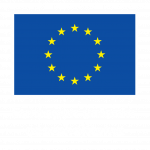
Finnish AI Region
2022-2025.
Media contacts